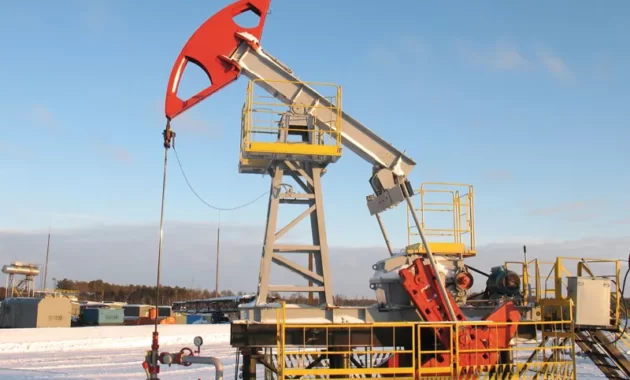
Crude oil prices Affect factors
Crude oil prices: Crude oil is the lifeblood of the global economy, playing a crucial role in industries such as transportation, manufacturing, and energy production. As a result, fluctuations in crude oil prices have far-reaching implications for countries, businesses, and consumers worldwide. Understanding the factors that drive these price changes is essential for policymakers, investors, and individuals alike. In this article, we will delve into the various factors that influence crude oil prices and their impact on the global market.
Supply and Demand Dynamics: The fundamental principle of supply and demand heavily influences crude oil prices. When demand outstrips supply, prices tend to rise, and conversely, when supply exceeds demand, prices tend to fall. Factors that affect the supply side include geopolitical tensions, natural disasters, and production decisions by major oil-producing countries such as OPEC (Organization of the Petroleum Exporting Countries) and non-OPEC nations. On the demand side, economic growth, industrial activity, and transportation needs play significant roles.

Geopolitical Tensions: Geopolitical events and conflicts in major oil-producing regions can have a significant impact on crude oil prices. Any disruptions to oil production or transportation routes due to political instability or conflicts can lead to supply shortages, driving prices higher. Examples of such events include the Arab Spring, the Iraq War, and tensions in the Middle East. Geopolitical factors inject a high level of uncertainty into the oil market, leading to volatility in prices.
OPEC and Non-OPEC Decisions: OPEC, a group comprising major oil-producing nations, has a considerable influence on global crude oil prices. The organization, along with its non-OPEC allies like Russia, has the power to adjust production levels, thereby impacting supply and prices. OPEC’s decisions on production quotas and output cuts have historically had a significant impact on the market. Announcements of production increases or cuts can lead to price fluctuations as markets anticipate the impact on supply and demand.
Economic Growth and Industrial Activity: Economic growth is a crucial determinant of crude oil demand. When economies expand, industrial activity increases, leading to higher energy requirements. Rapid growth in emerging markets like China and India has had a substantial impact on global oil demand. Conversely, economic downturns or recessions can dampen demand, causing prices to fall. Factors such as GDP growth, manufacturing output, and consumer spending patterns influence the overall demand for crude oil.
Renewable Energy and Climate Policies: The global shift towards renewable energy sources and climate change policies has introduced another dynamic to the crude oil market. As countries aim to reduce their reliance on fossil fuels and curb carbon emissions, the demand for alternative energy sources like wind, solar, and electric power has grown. This shift has the potential to impact crude oil prices in the long term, as reduced demand for oil could lead to lower prices.
Speculation and Financial Markets: Financial markets and investor sentiment can also influence crude oil prices. Speculators, including hedge funds and institutional investors, participate in oil futures markets, betting on price movements. These speculative activities can amplify price swings and increase volatility. Additionally, macroeconomic factors, such as interest rates, currency exchange rates, and inflation, can impact crude oil prices indirectly by affecting investor behavior and market sentiment.

Conclusion: Crude oil prices are subject to a complex interplay of factors, including supply and demand dynamics, geopolitical tensions, OPEC decisions, economic growth, renewable energy adoption, and financial market speculation. Understanding these factors and their impact on oil prices is crucial for policymakers, businesses, and individuals to make informed decisions. Moreover, as the world transitions to a more sustainable energy future, the dynamics of the crude oil market are likely to undergo further changes, emphasizing the need for ongoing analysis and adaptation in the global
